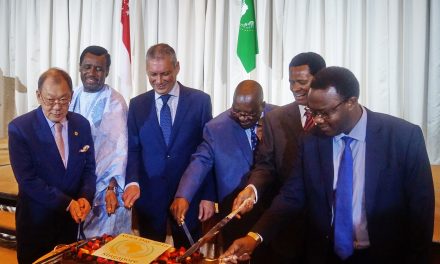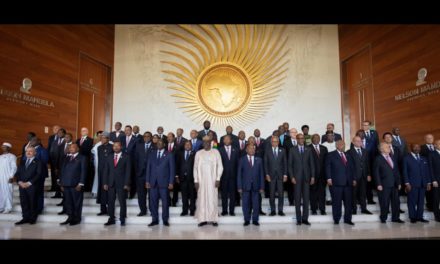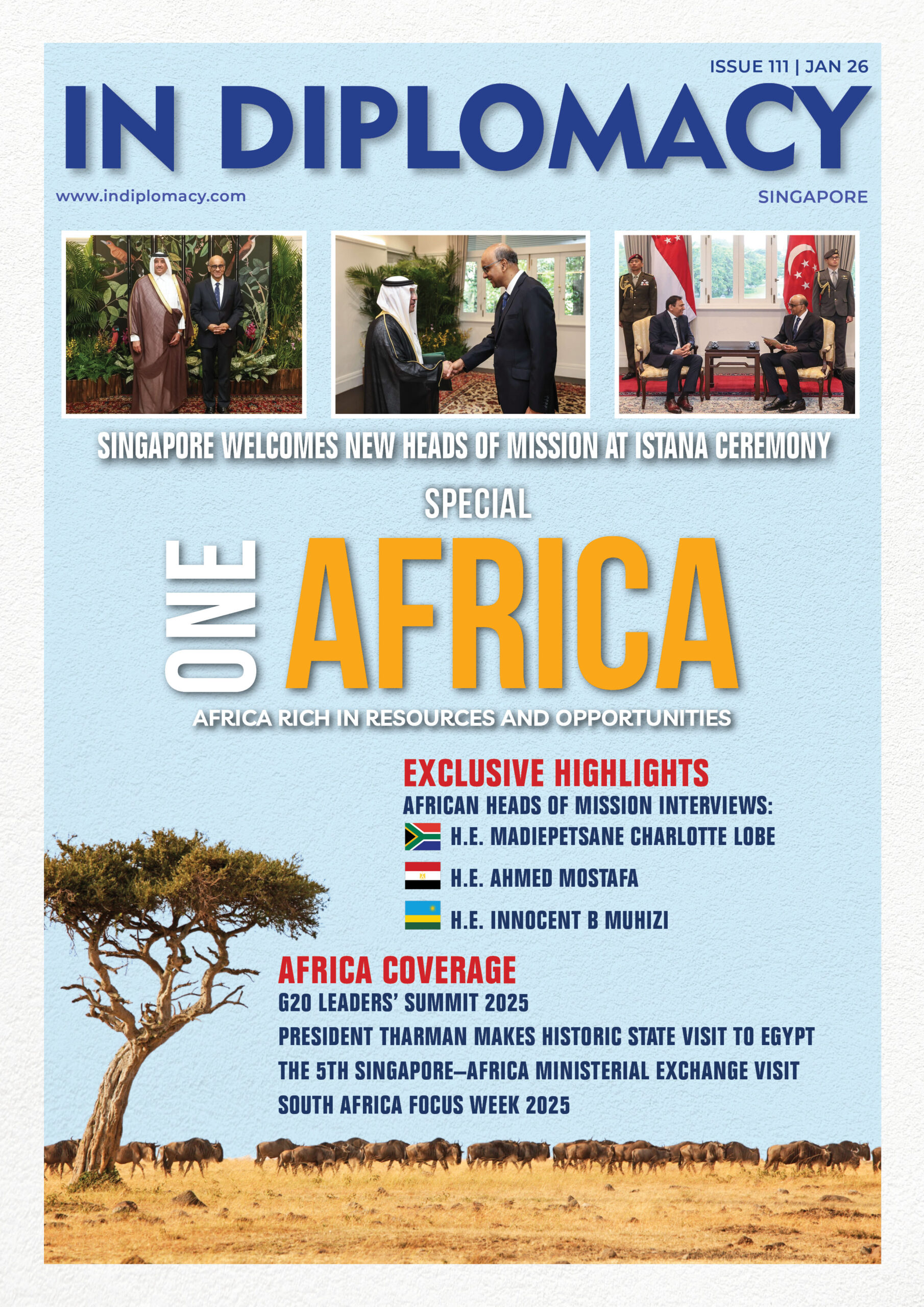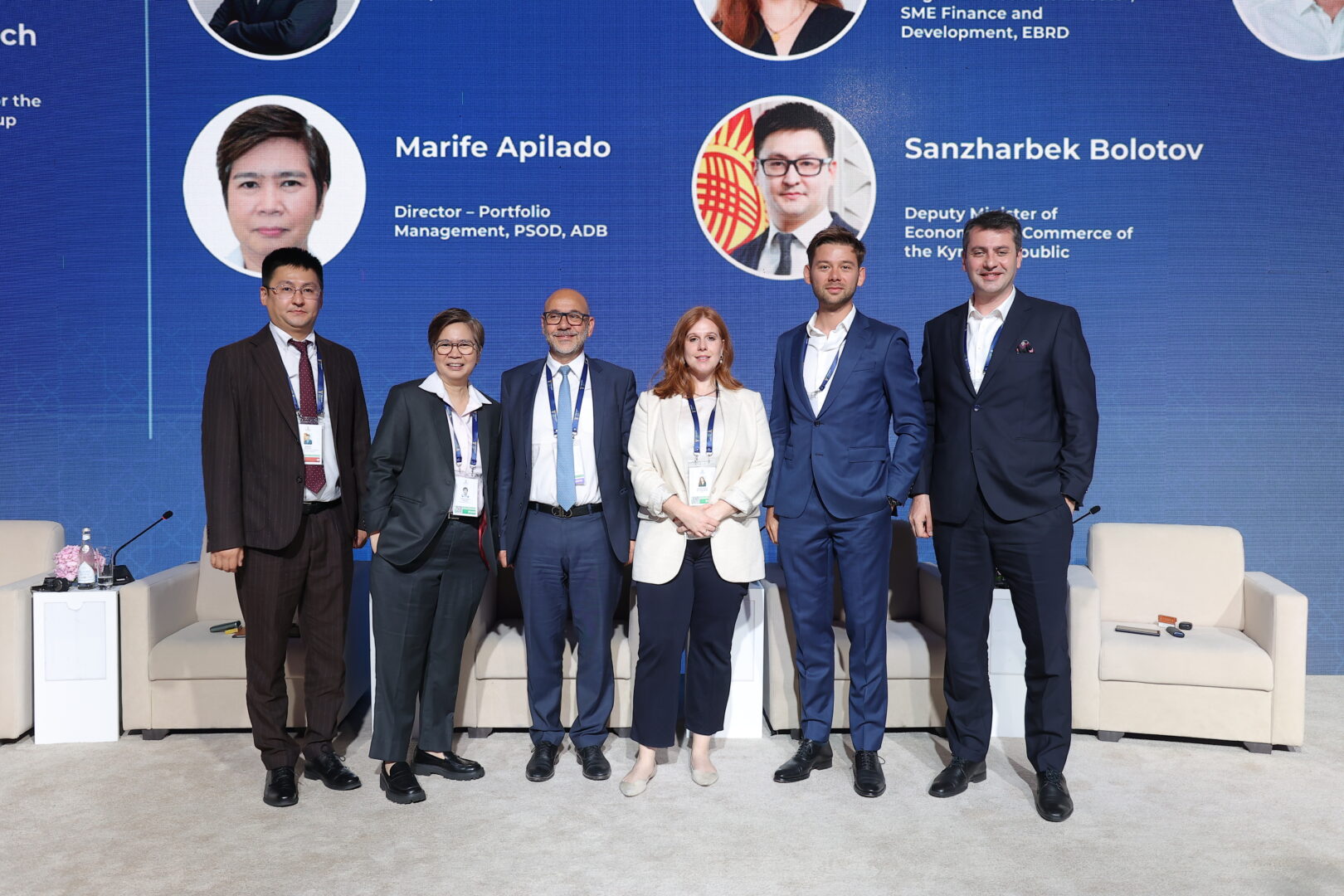
From SME empowerment to regional partnerships and equity investment, the Tashkent International Investment Forum 2025 highlighted Uzbekistan’s proactive economic strategy.
Tashkent, 11 June 2025 – The third day of the Tashkent International Investment Forum (TIIF) 2025, organised by Uzbekistan’s Ministry of Investments, Industry, and Trade, showcased a broad range of discussions on regional cooperation, SME development, foreign direct investment (FDI), and Uzbekistan’s growing role in the global economy.
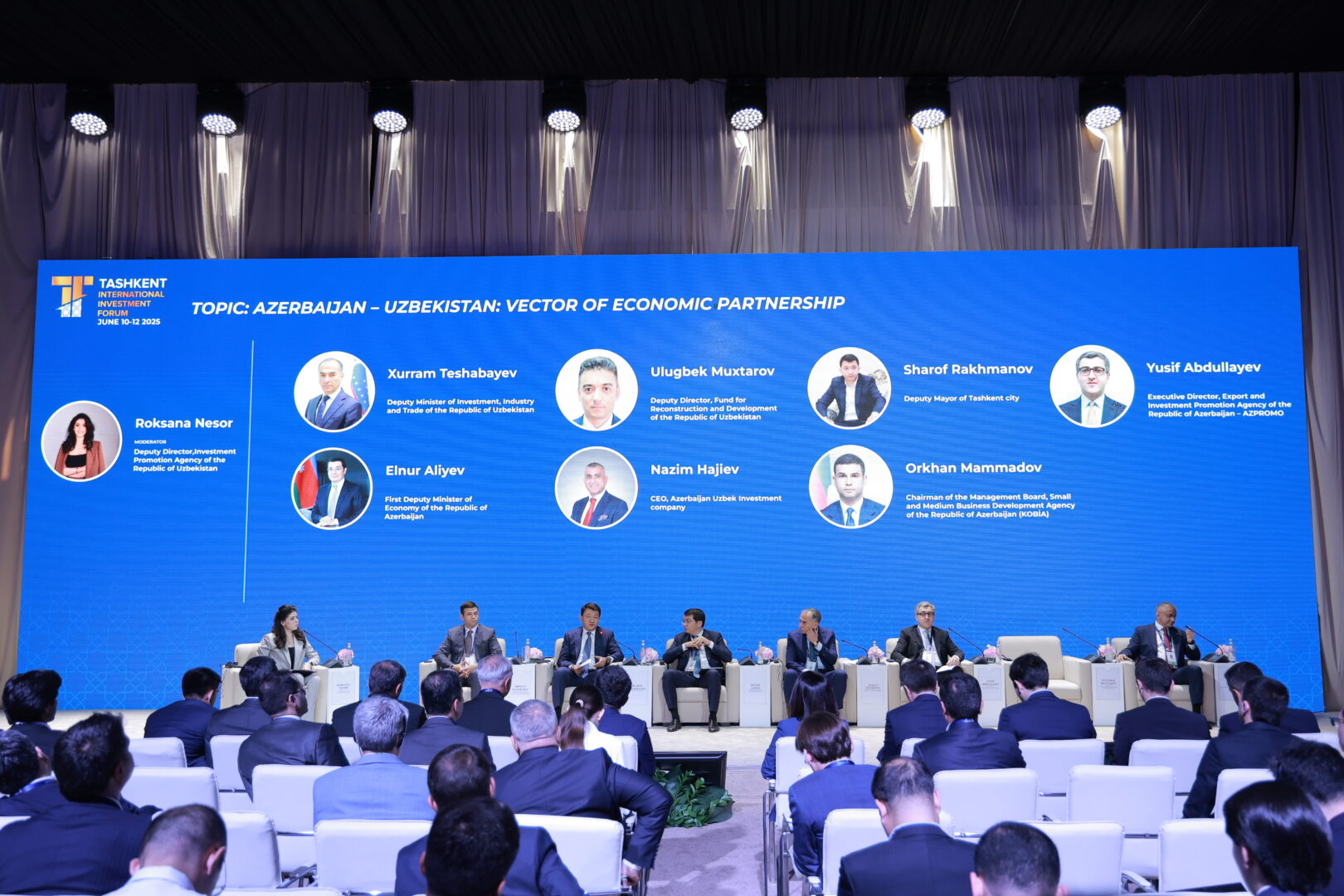
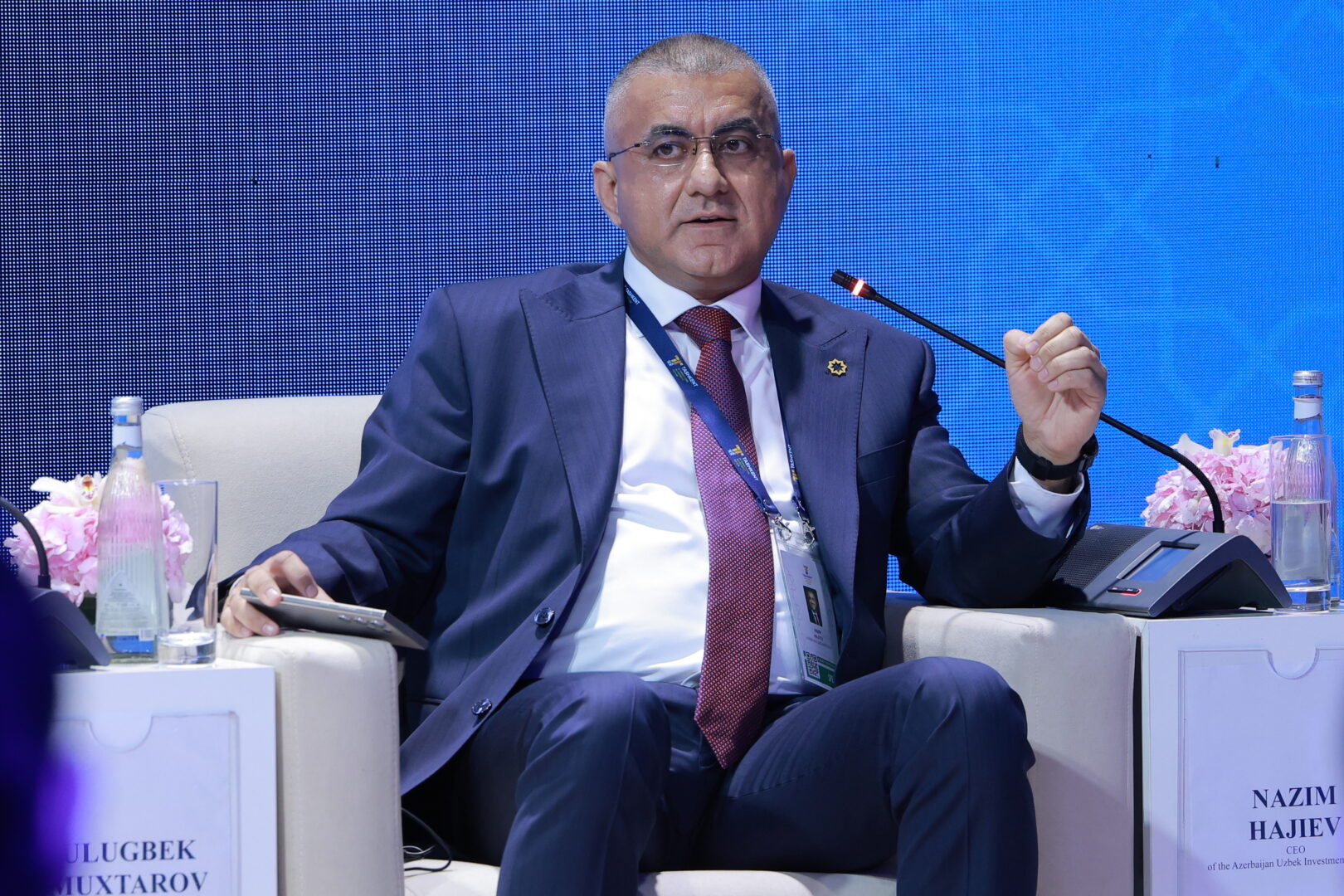
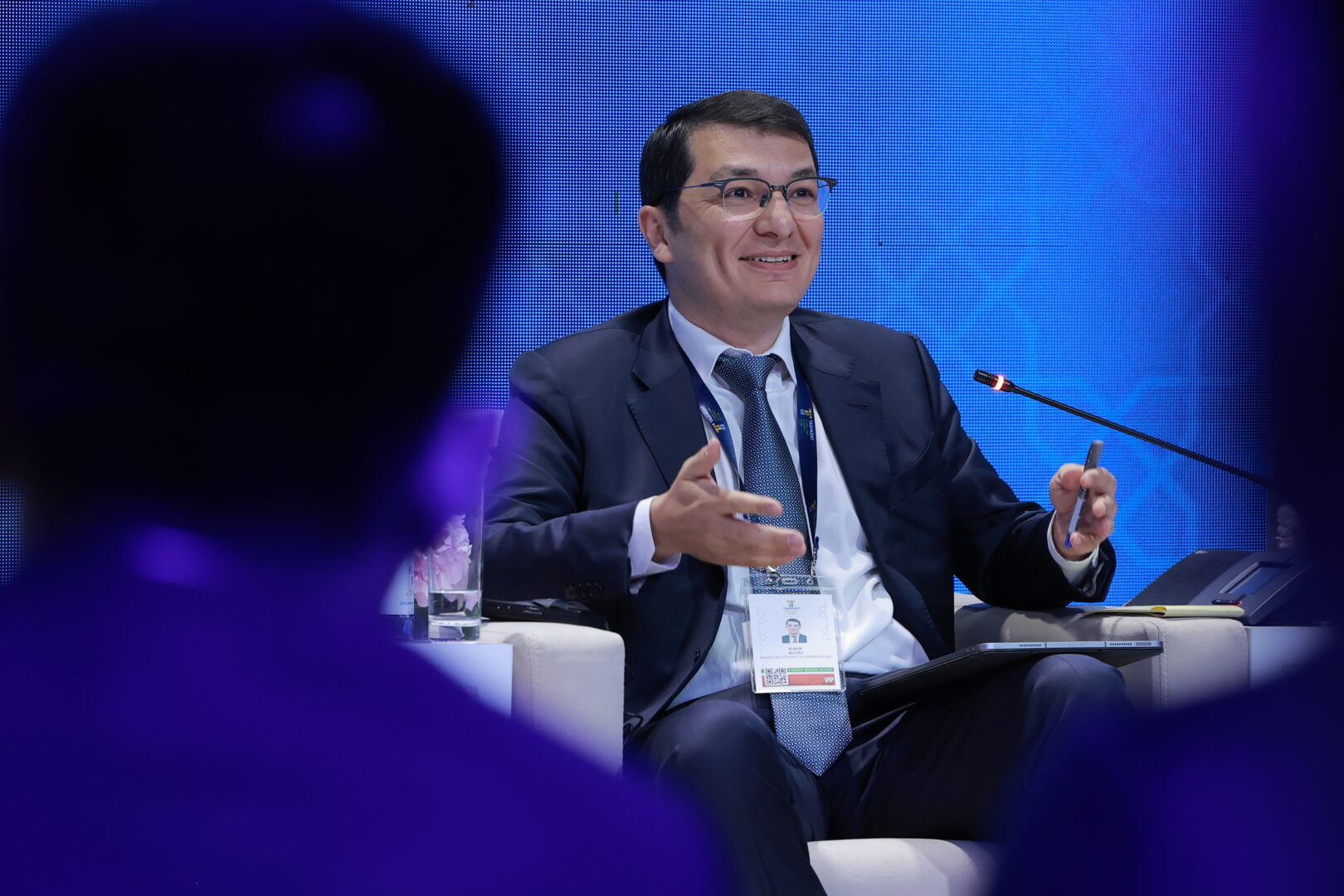
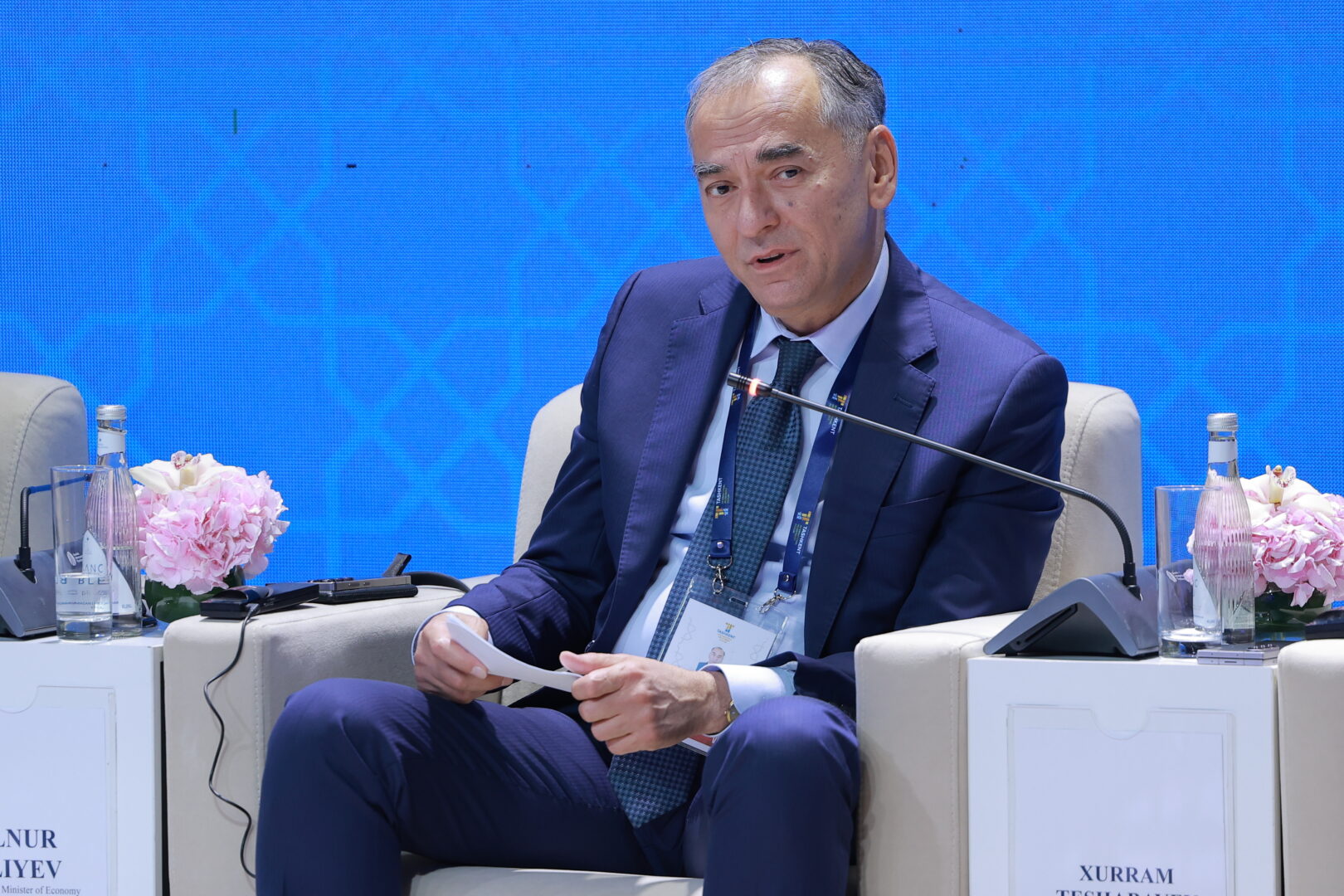
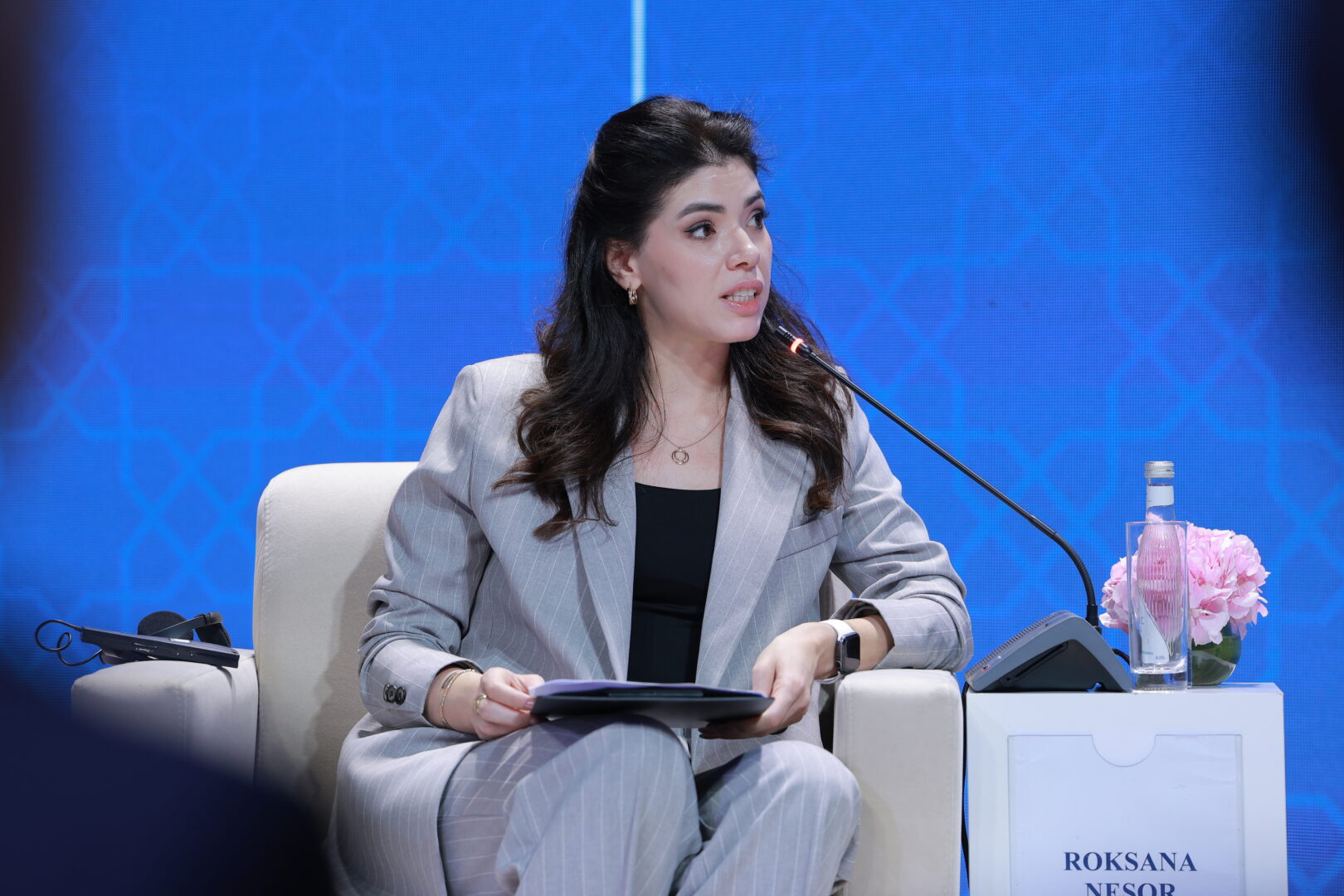
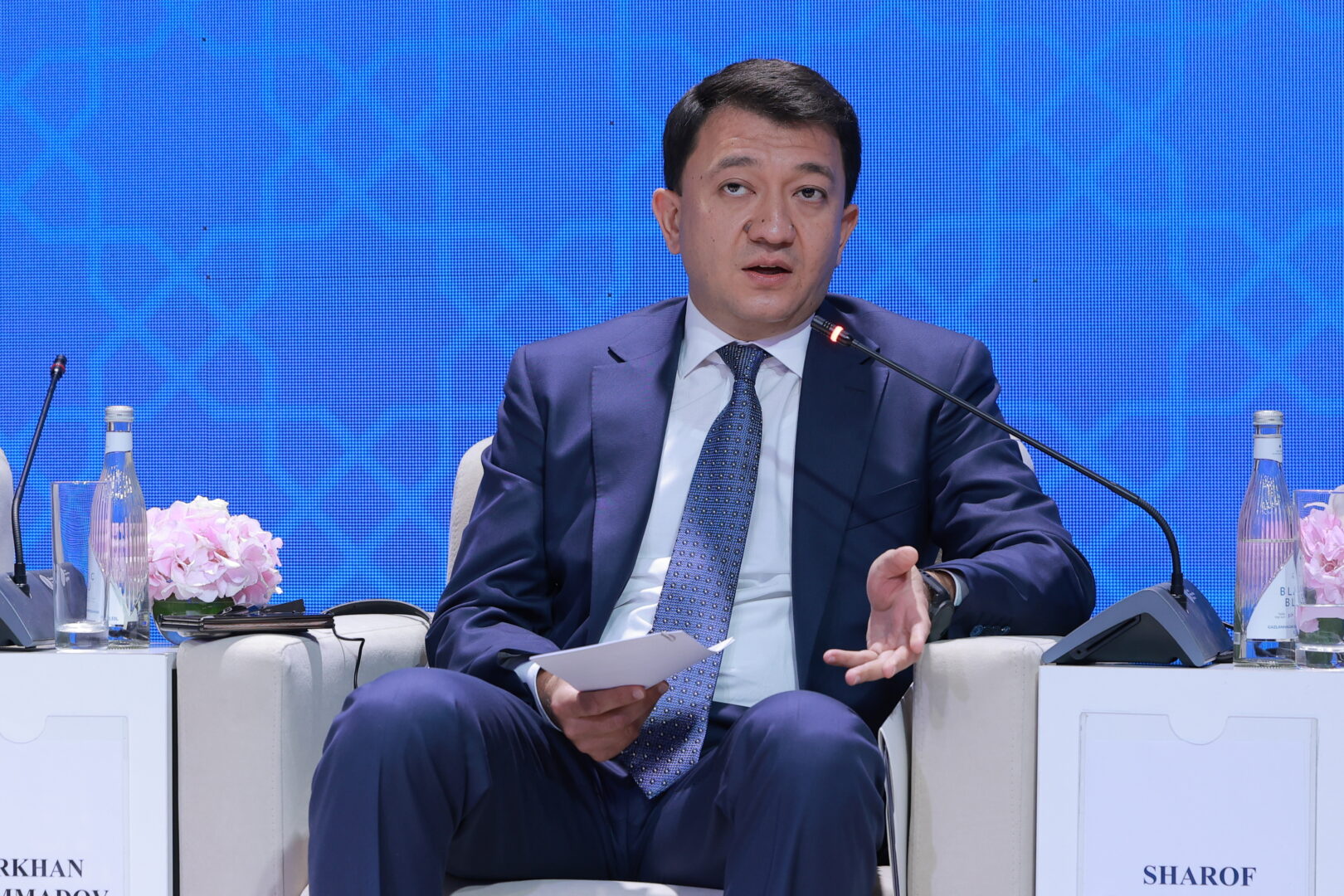
One of the headline sessions, “Azerbaijan – Uzbekistan: Vectors of Economic Partnership” drew attention to growing bilateral cooperation. Sharof Rakhmanov, Deputy Governor of Tashkent, announced two landmark joint projects: an Uzbekistan Centre in Baku and an Azerbaijan Centre in Tashkent. These cultural-commercial hubs will feature trade, business and recreational infrastructure. Rakhmanov also unveiled a $300 million agreement with PASHA Holding for a luxury Ritz-Carlton hotel complex in Tashkent—a symbol of deepening joint investment.
Khurram Teshabaev, Deputy Minister of Investments, underlined the government’s strategy to expand exports to Azerbaijan, particularly in food products, automotive, textiles, and machinery. Both countries will host regular “Made in Uzbekistan” and “Made in Azerbaijan” exhibitions, fostering mutual trade awareness. In line with this, Nazim Gadzhiev, Director of the Azerbaijan-Uzbek Investment Company, revealed that six investment projects have received board approval, part of a portfolio aimed at minority stakes in businesses across key sectors.
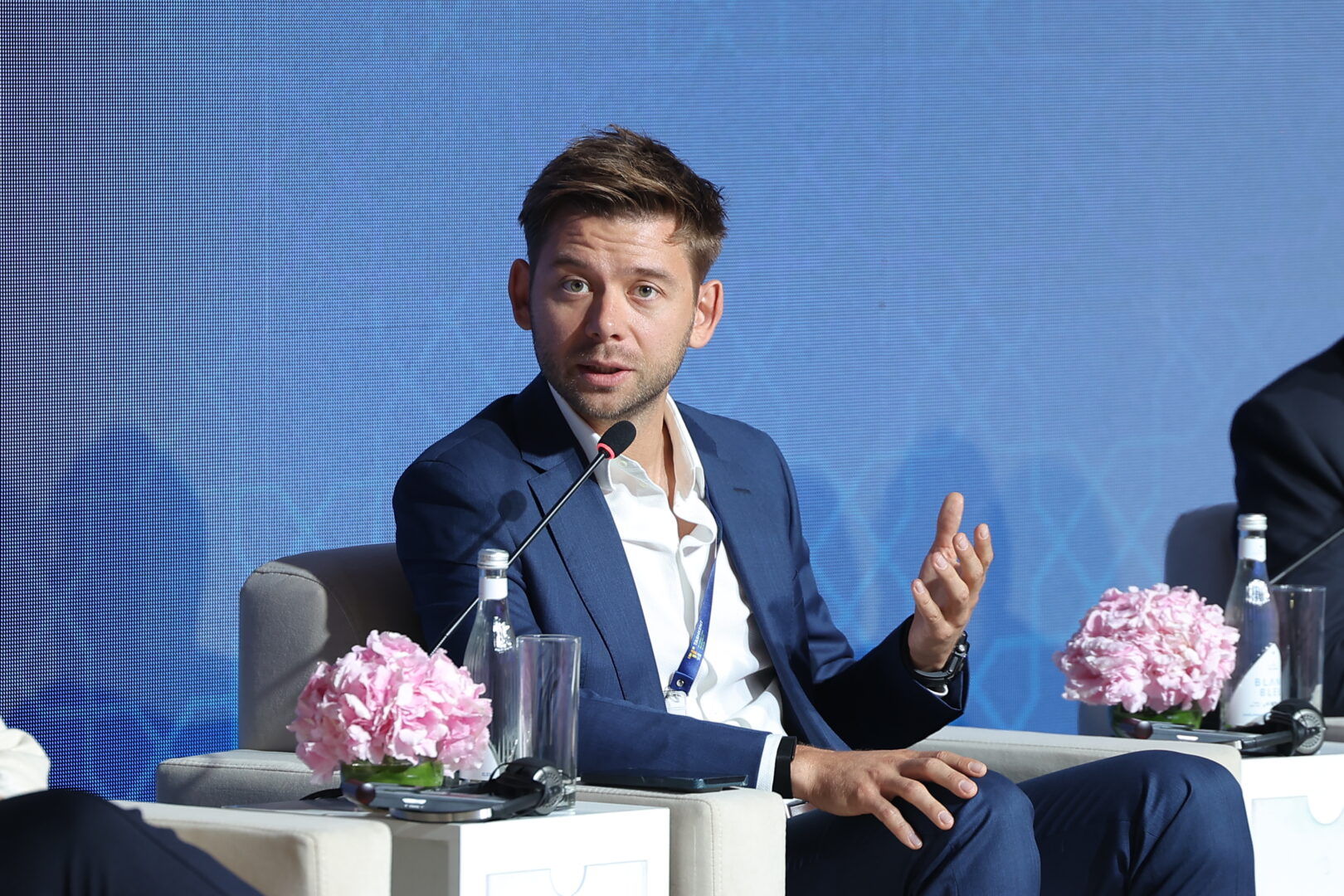
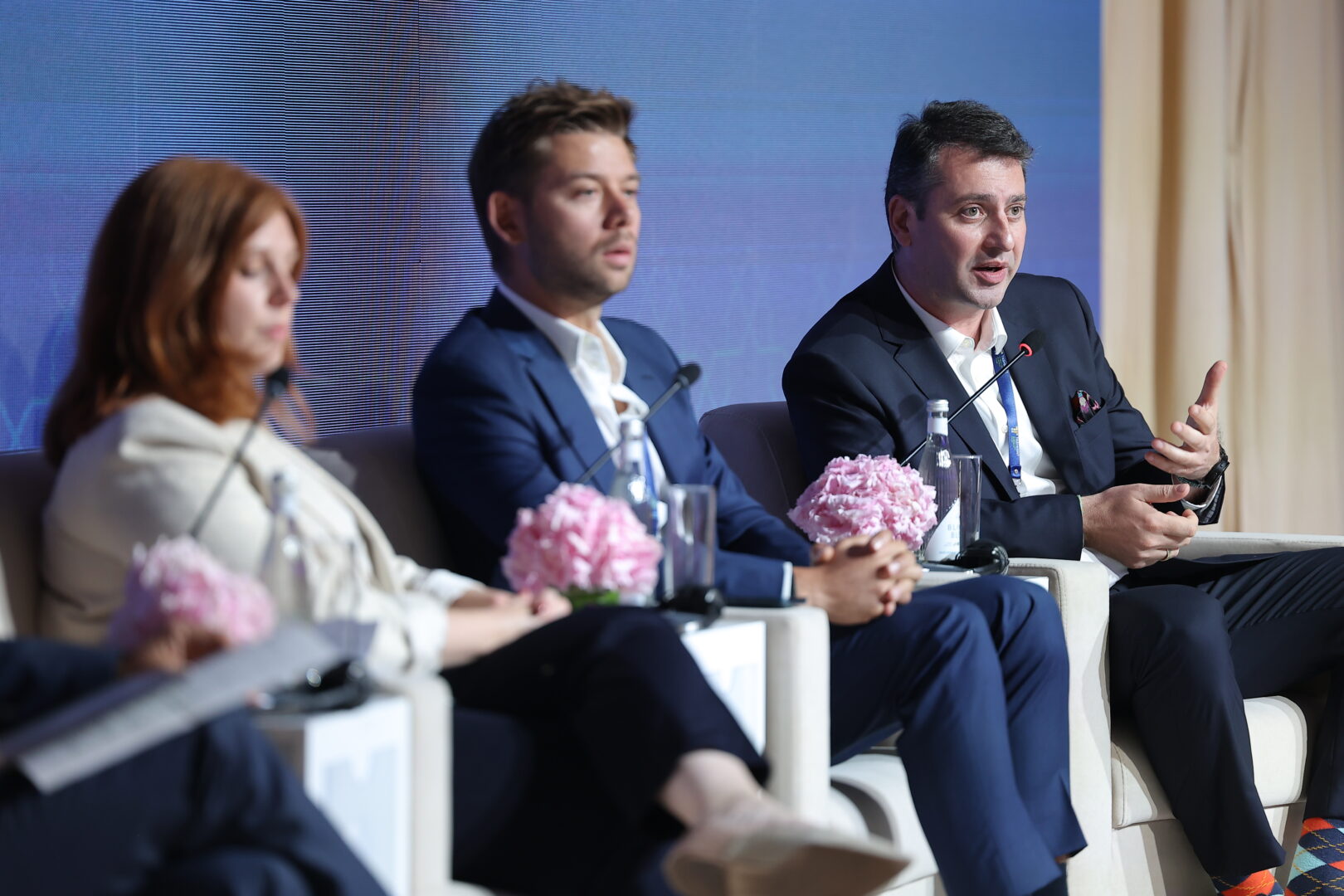
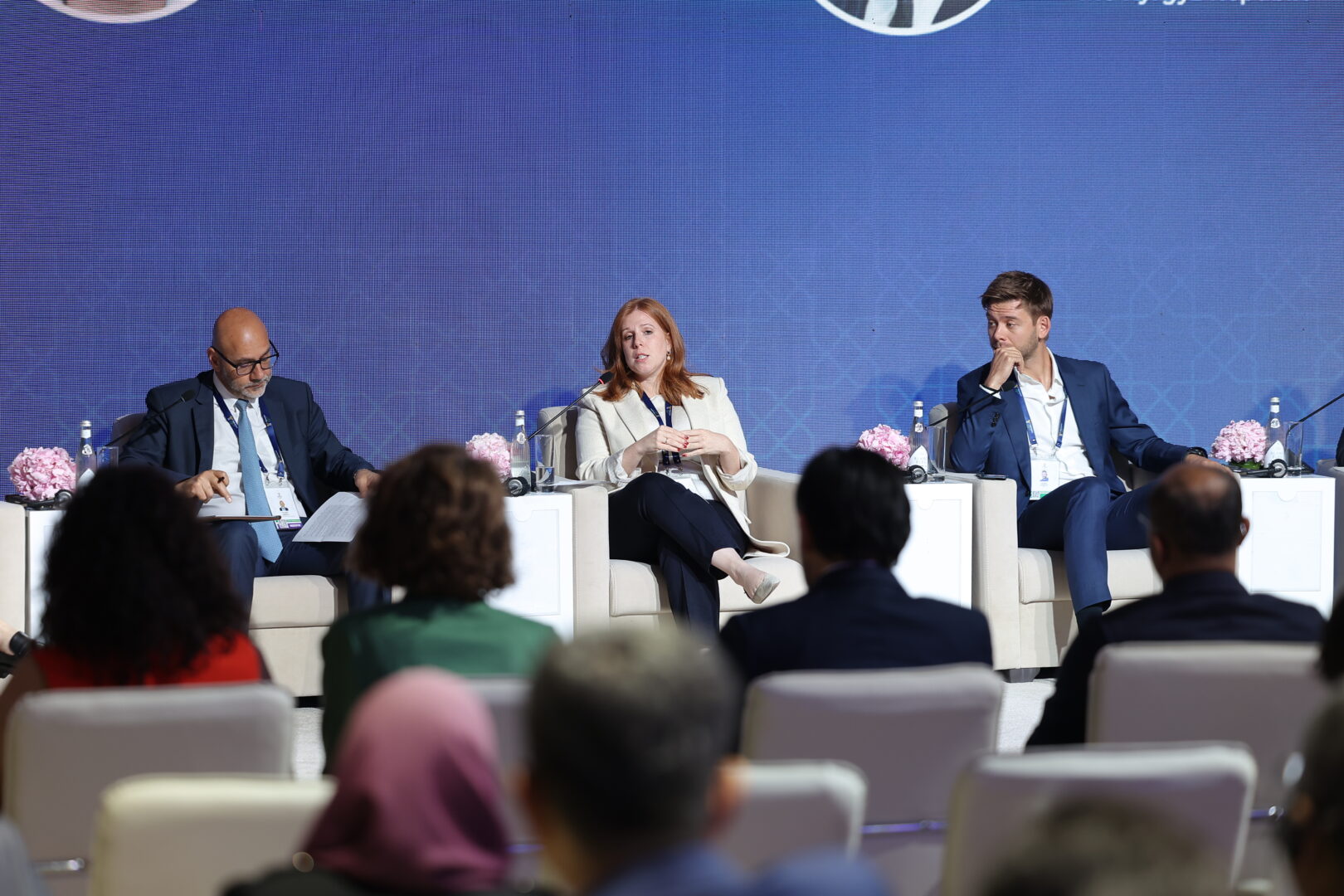
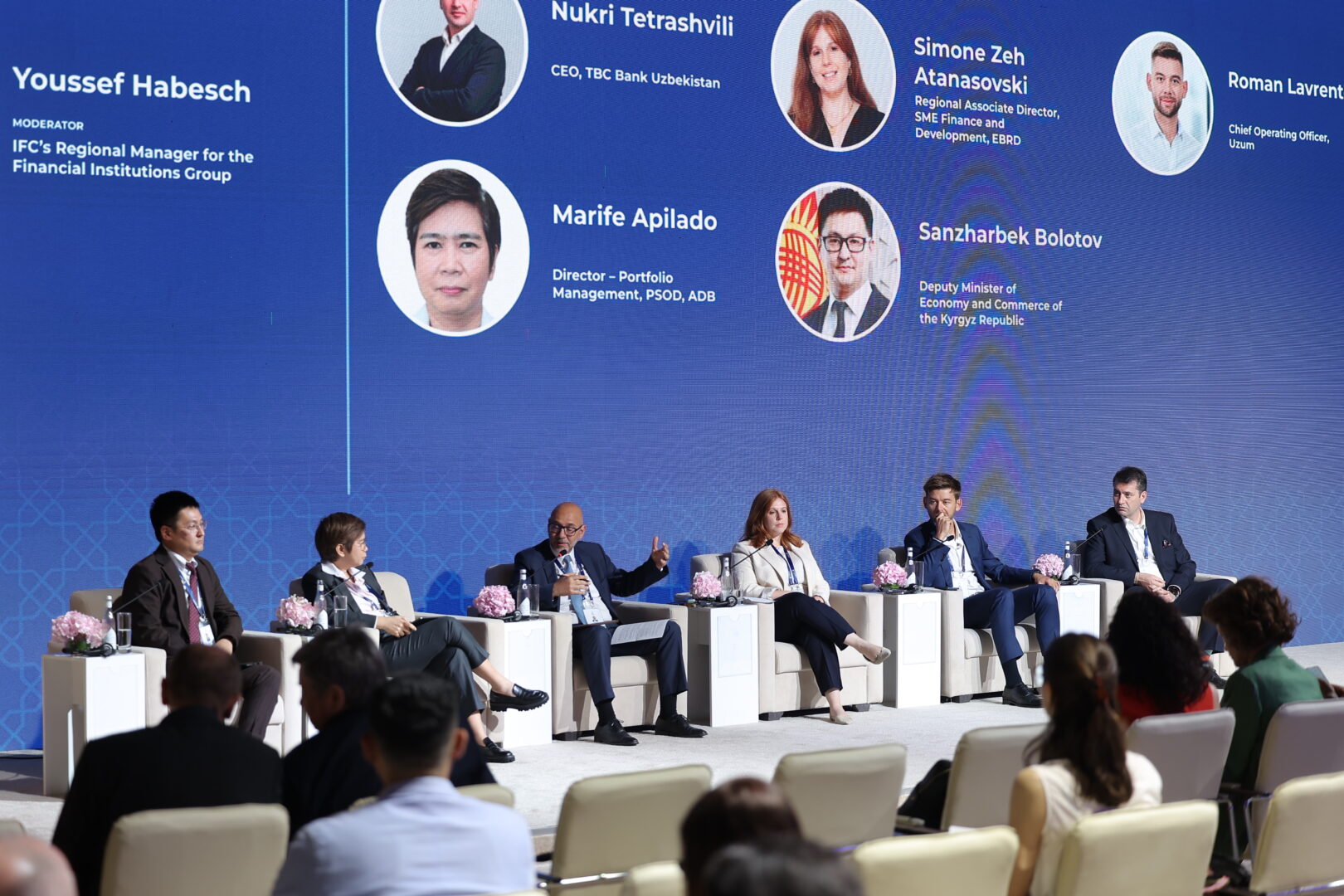
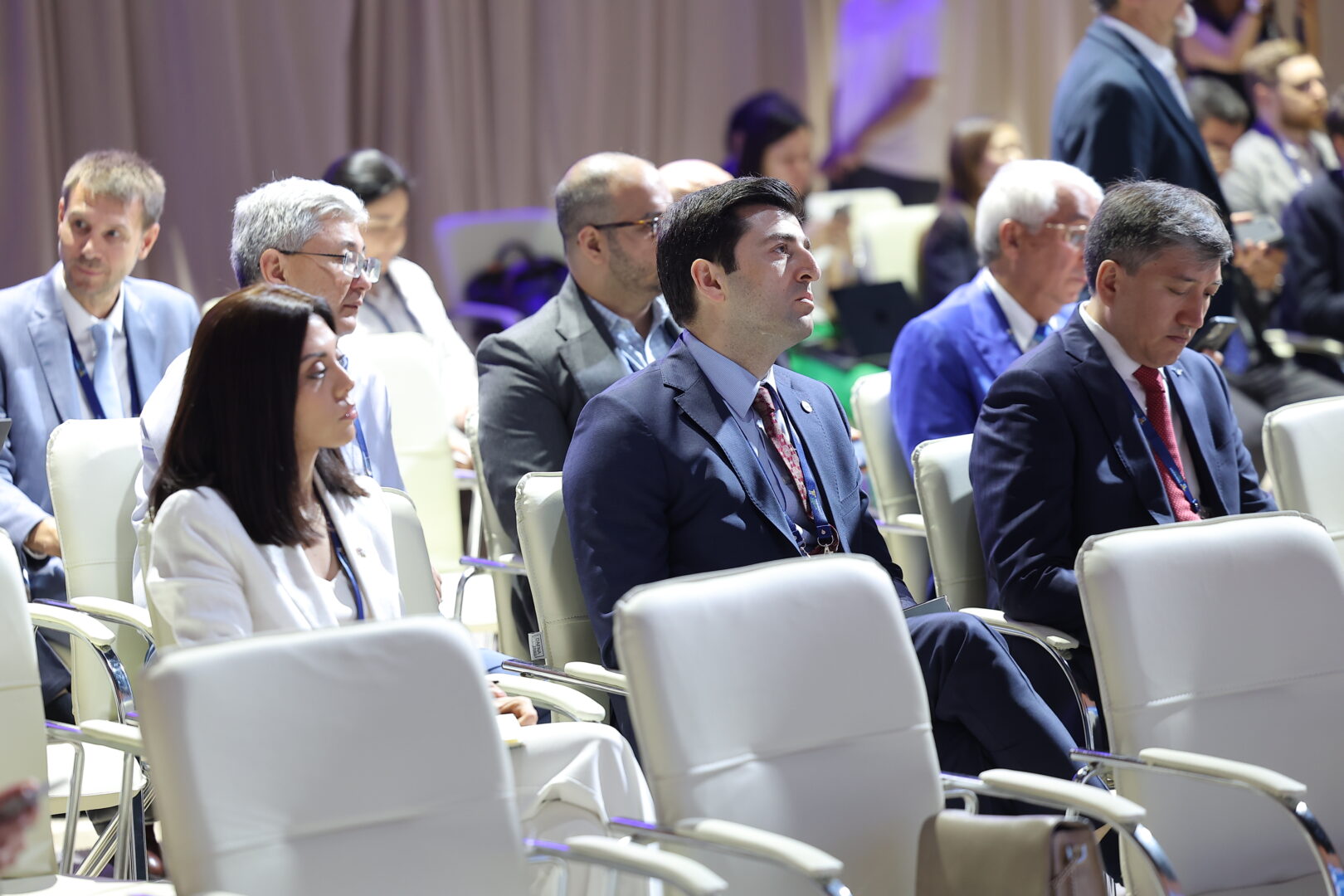
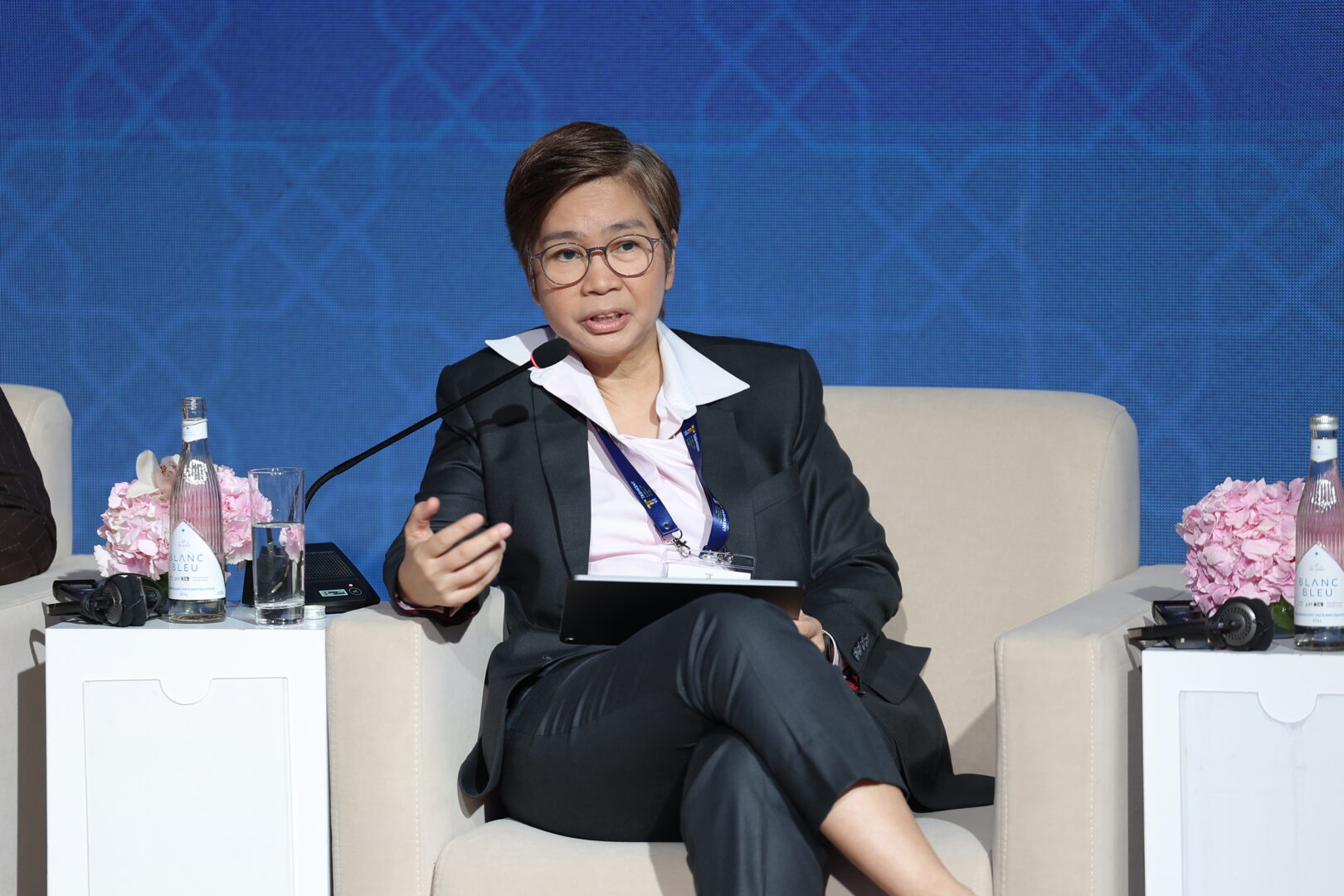
In the session “Small and Medium-sized Enterprises (SMEs): The Foundation of Economic Growth,” held in Room Samarkand, experts from international financial institutions including IFC, EBRD, ADB, and TBC Bank Uzbekistan explored the critical role of SMEs, which now account for more than 53% of Uzbekistan’s GDP. Topics ranged from access to finance and climate risks to digital transformation and inclusive financial products. Simone Zeh Atanasovski (EBRD) and Nukri Tetrashvili (TBC Bank) emphasised the need for simplified, inclusive banking and targeted support for agricultural SMEs.
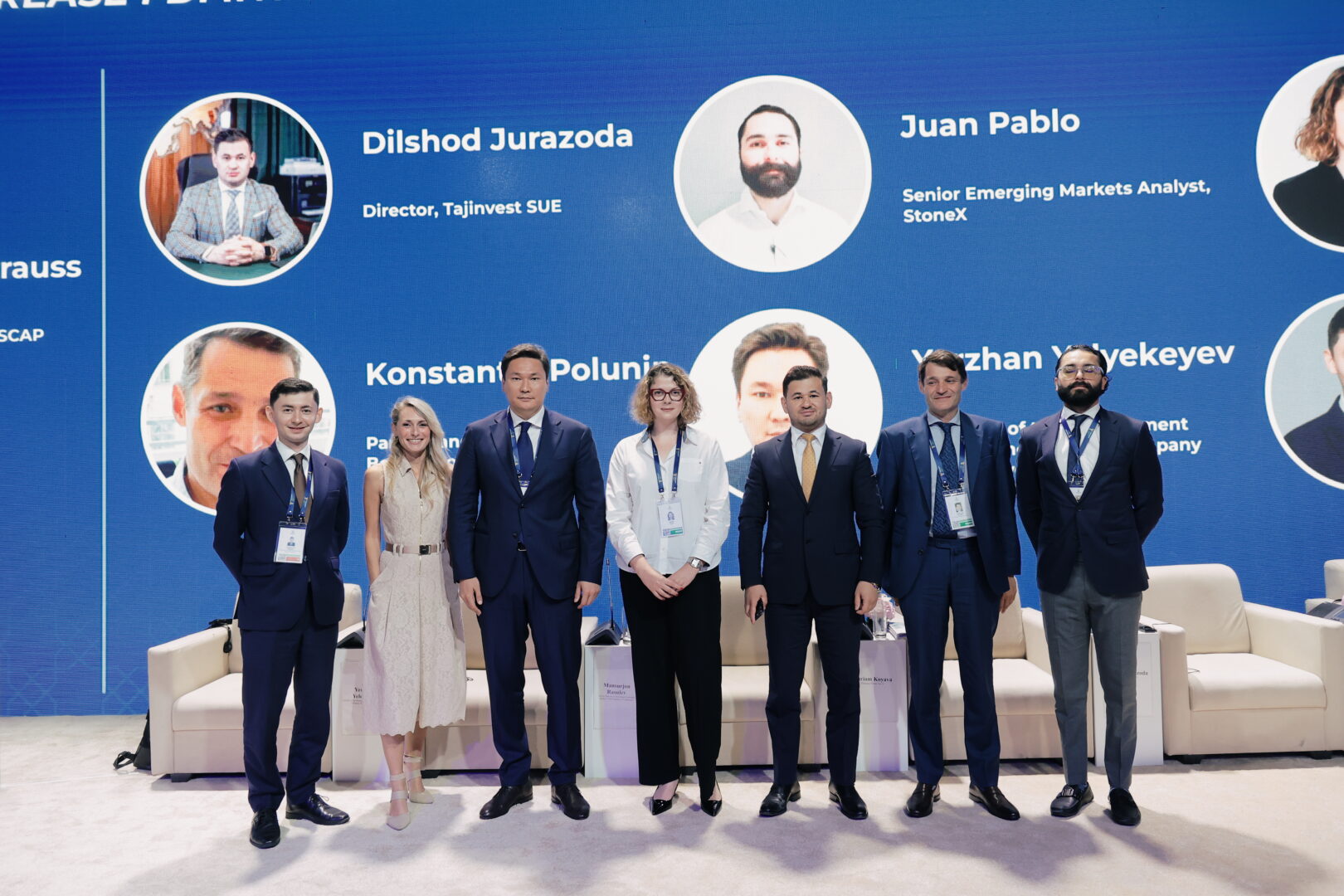
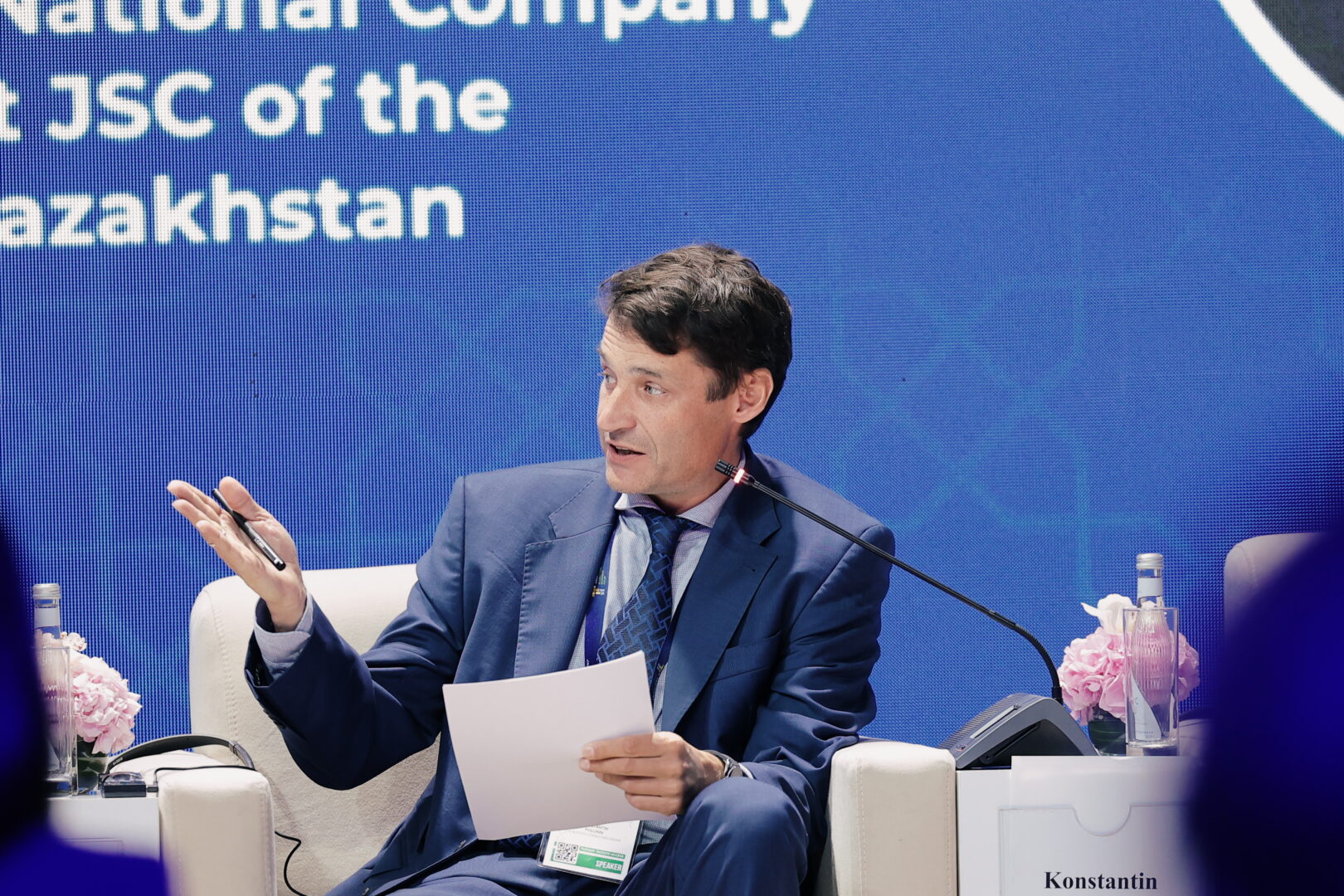
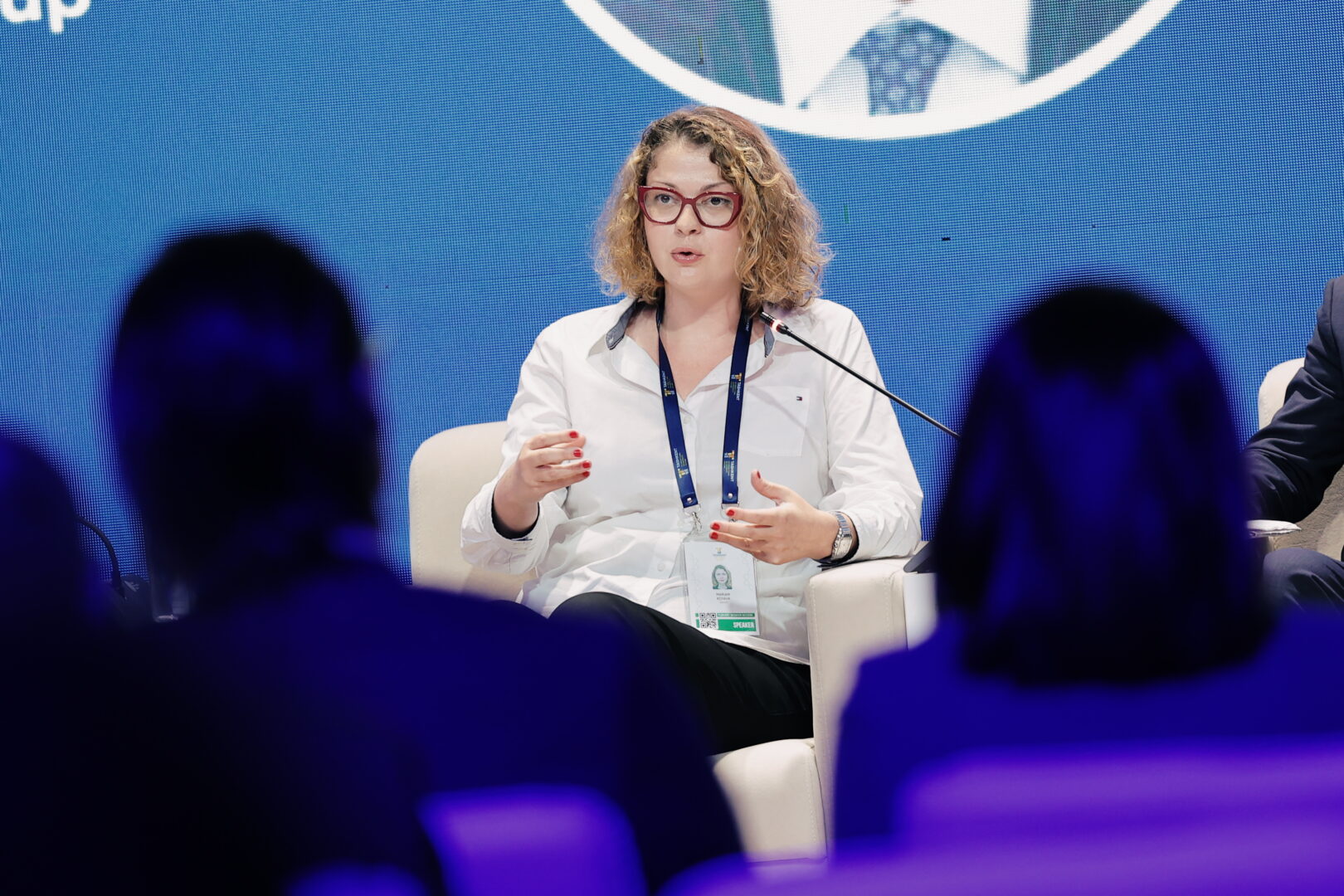
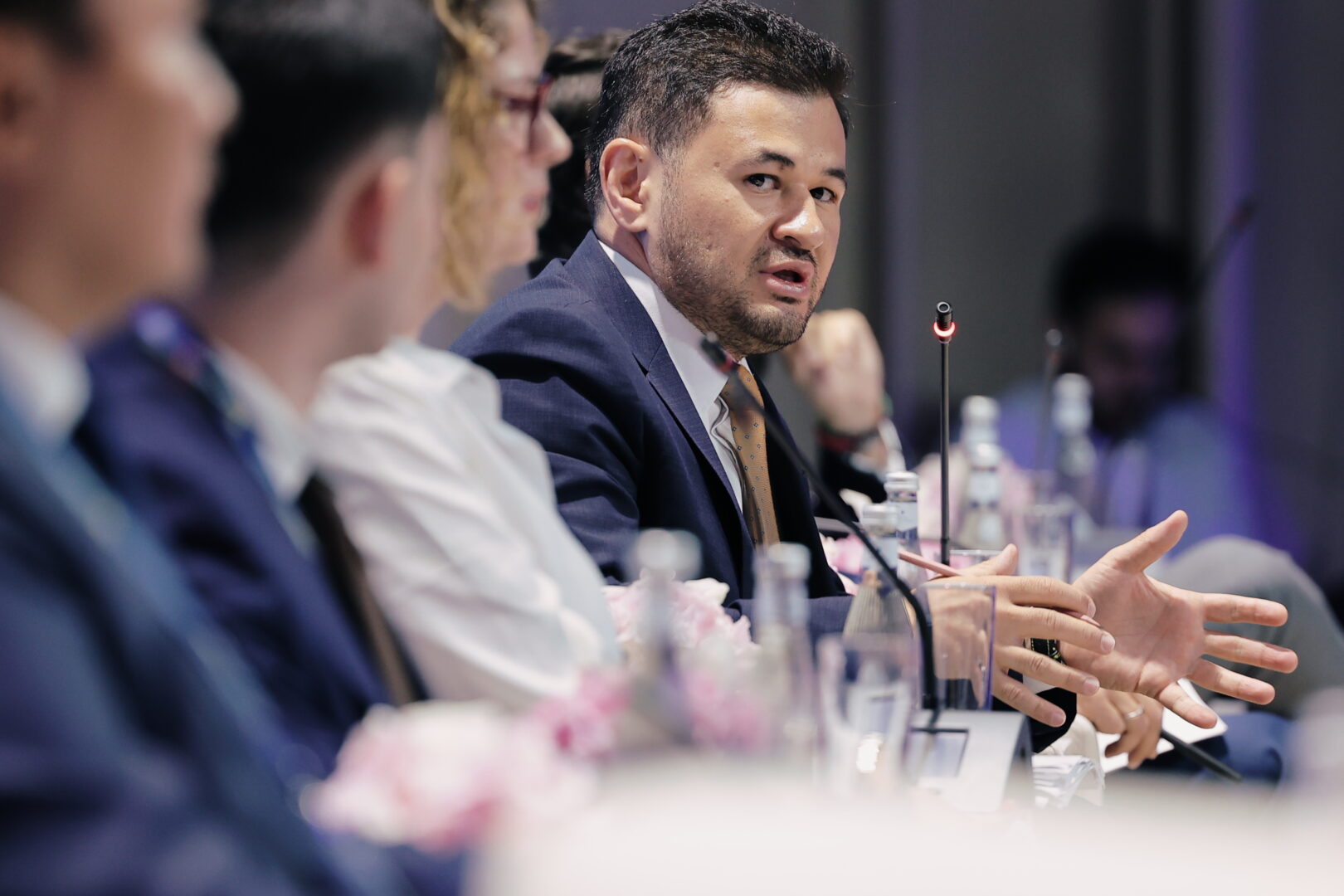
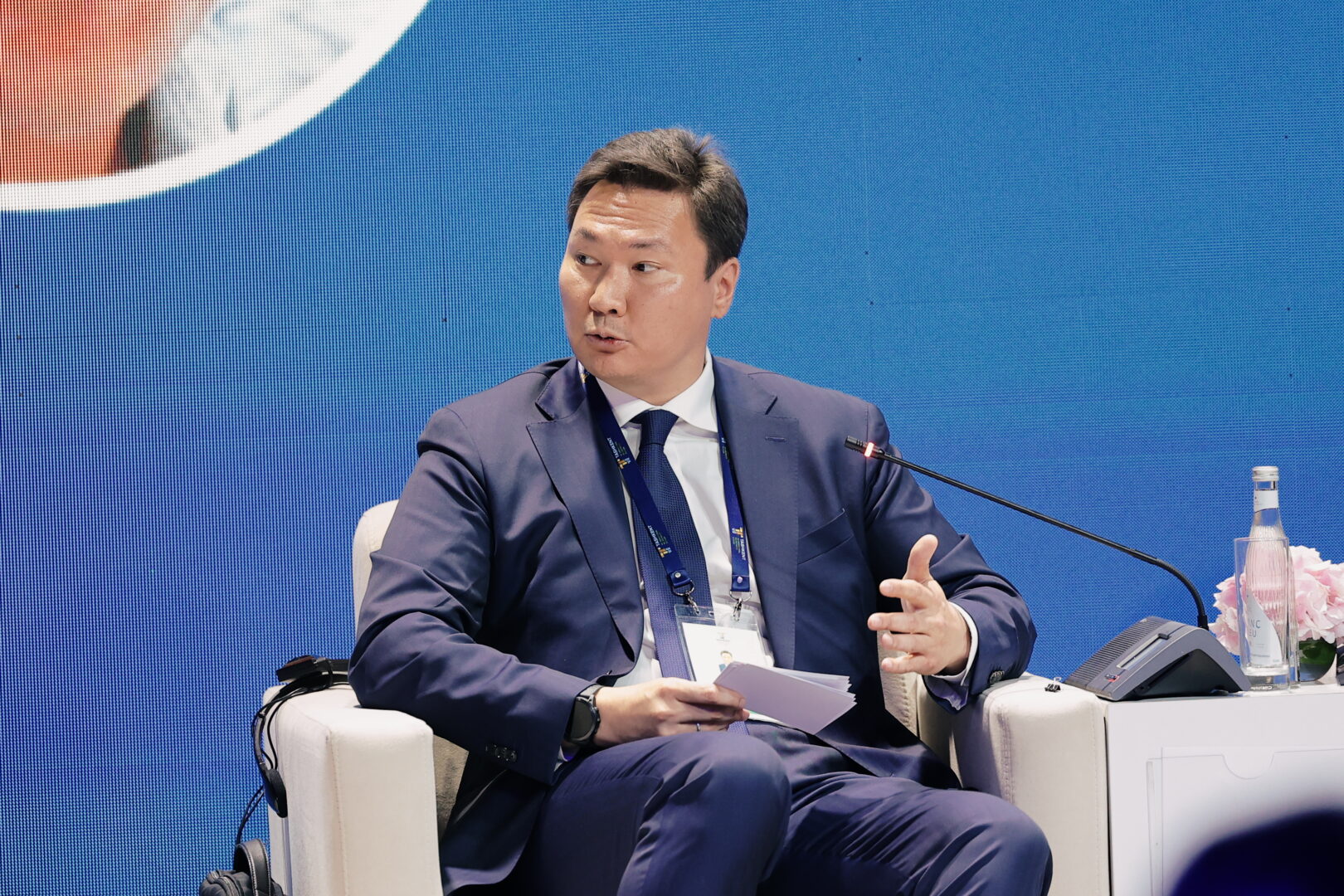
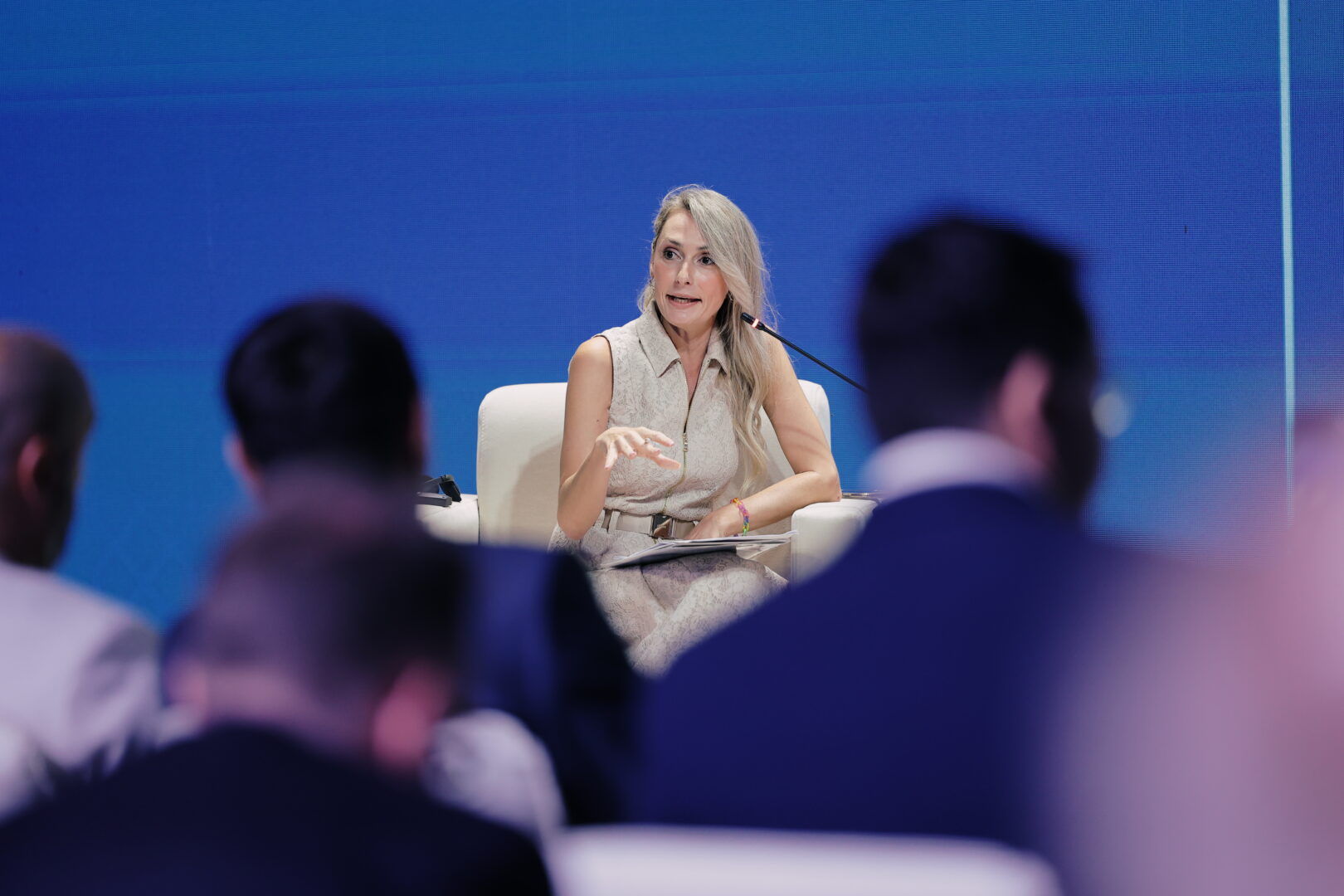
In Room Bukhara, the panel on “Investor Targeting and Proactive Investment Attraction Strategies” focused on how Central Asia is shifting from passive to data-driven investment engagement. Officials from Uzbekistan, Kazakhstan, and Tajikistan outlined the importance of political stability, access to long-term capital, skilled workforce development and regional cooperation. Mariyam Koyava of SavvY and Yerzhan Elekeev of Kazakh Invest both emphasised the benefits of viewing Central Asia as a unified economic space rather than fragmented national markets.
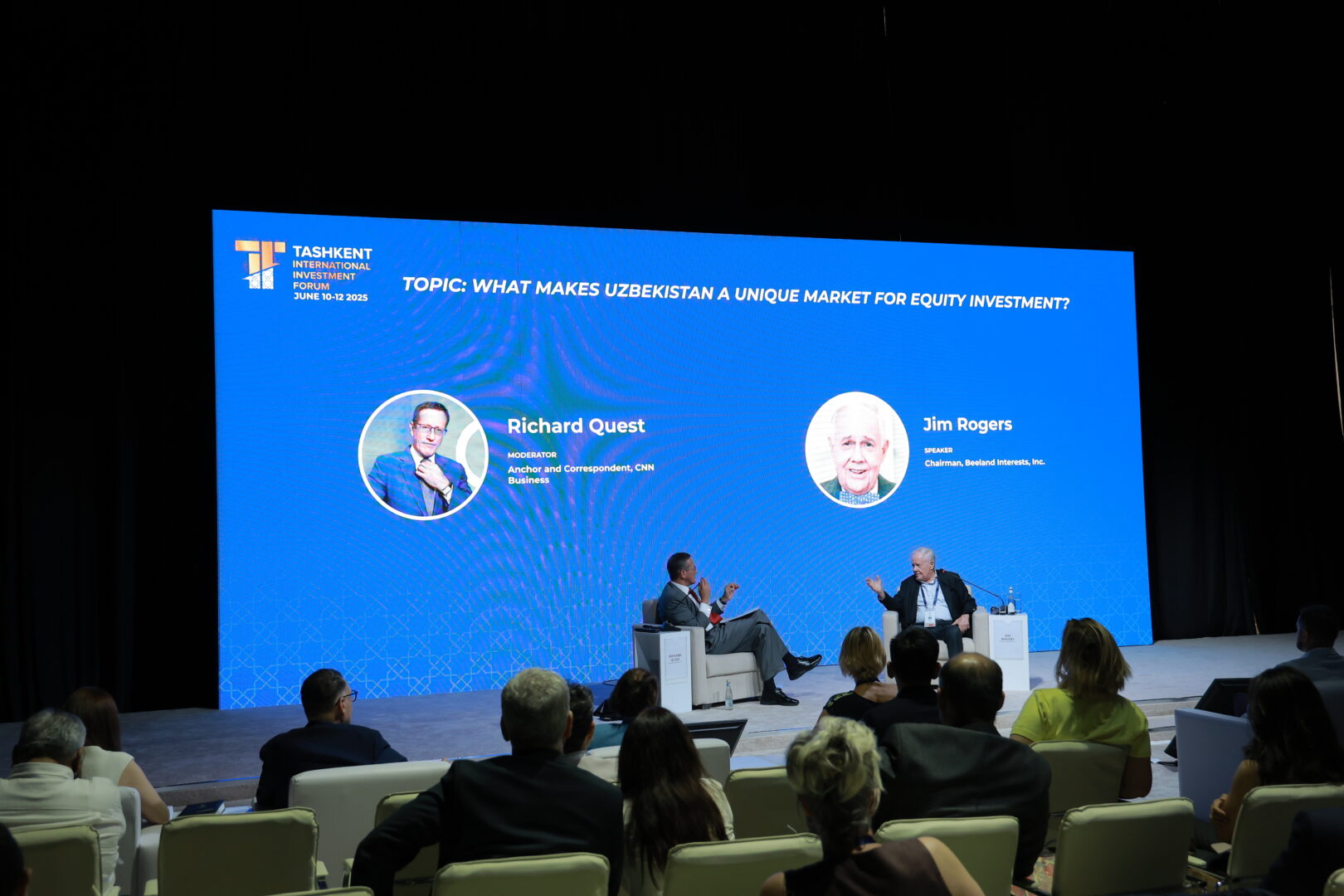
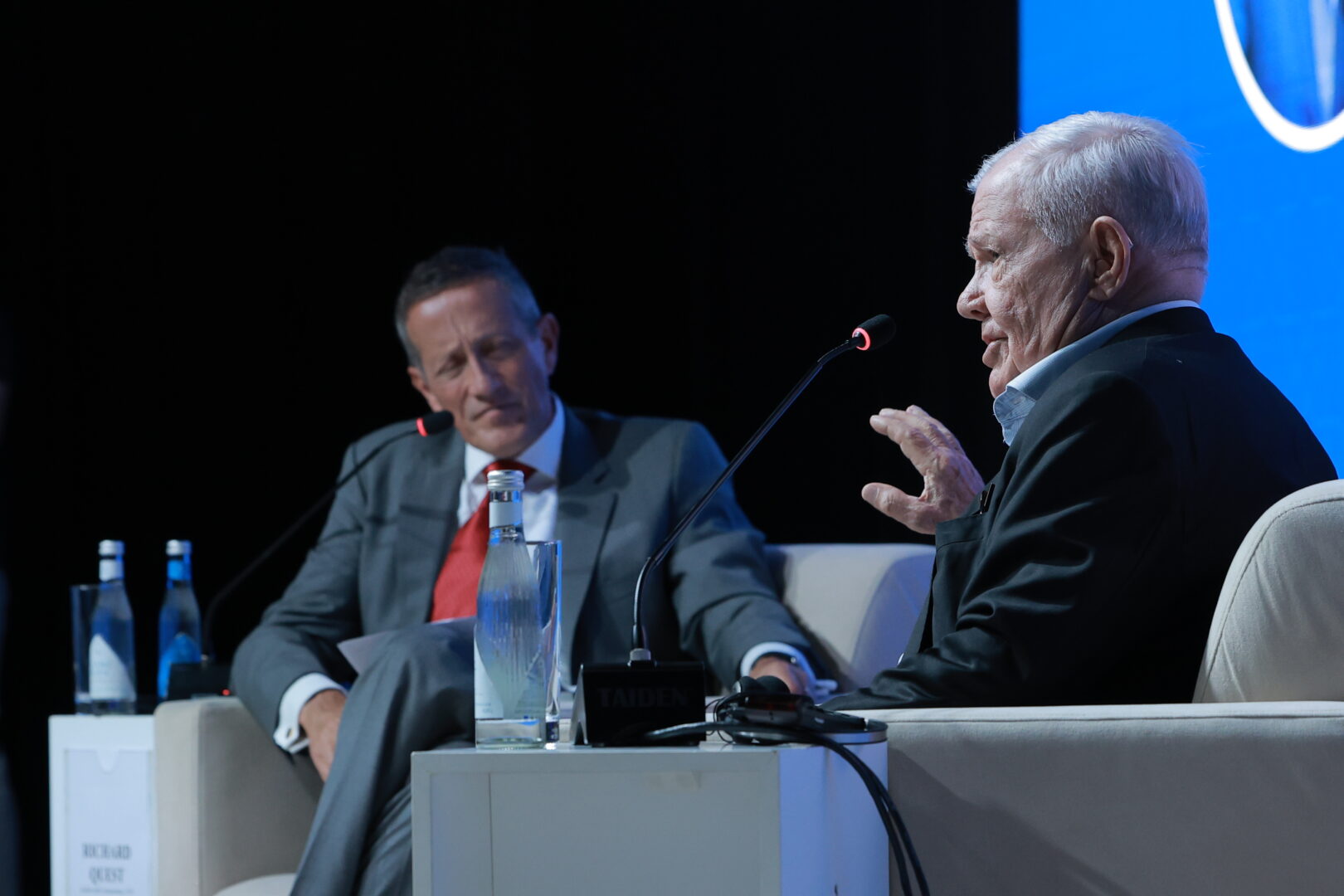
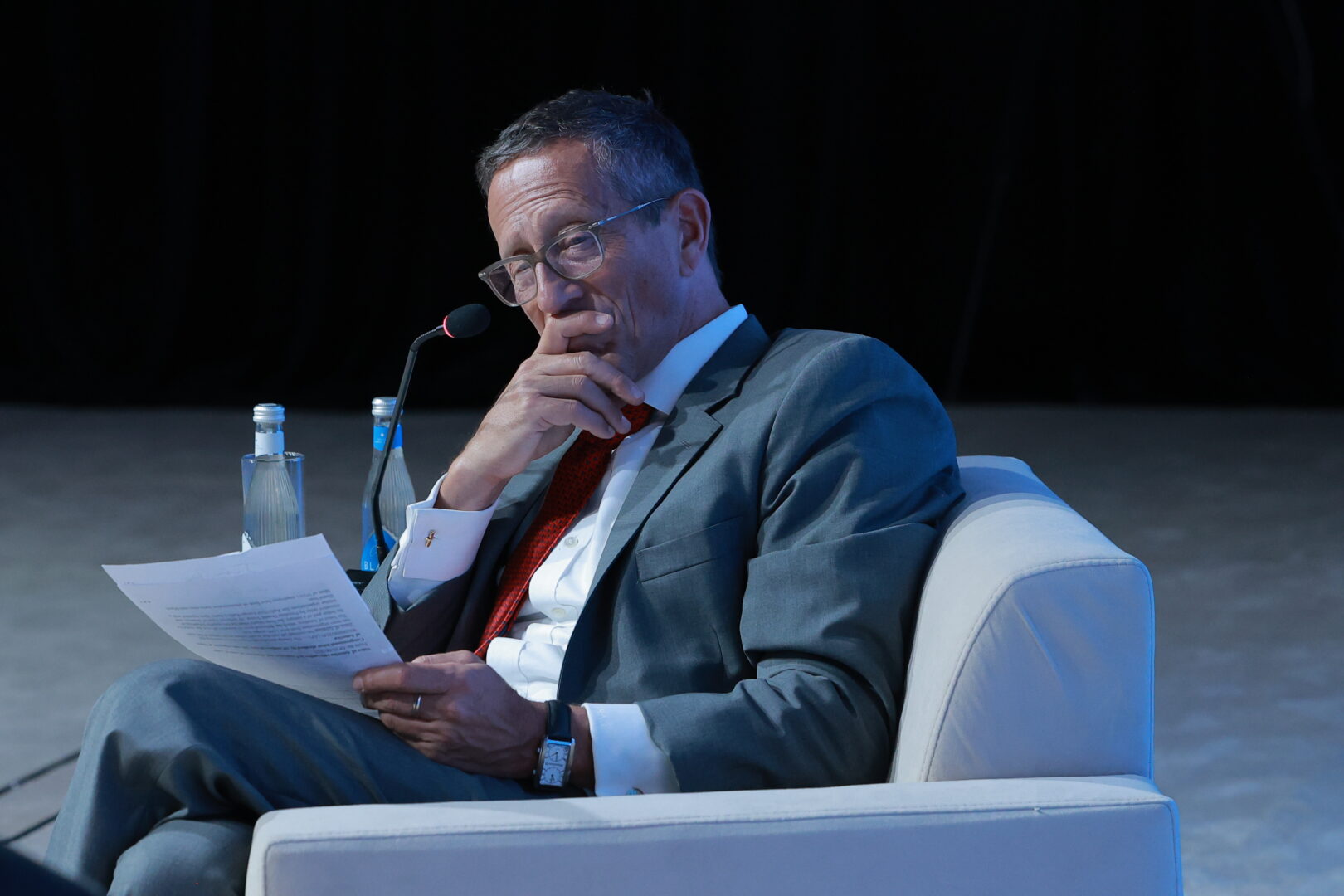
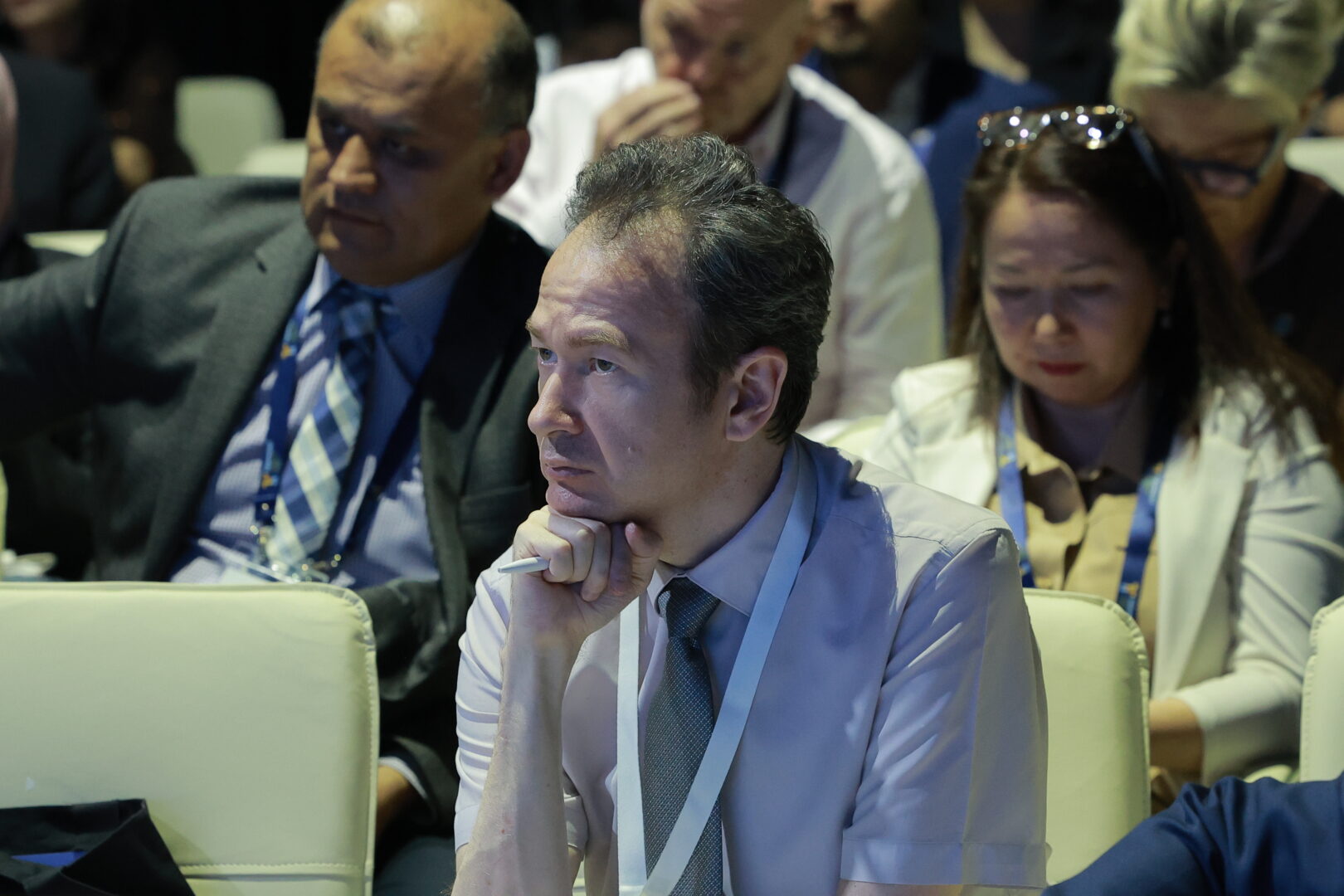
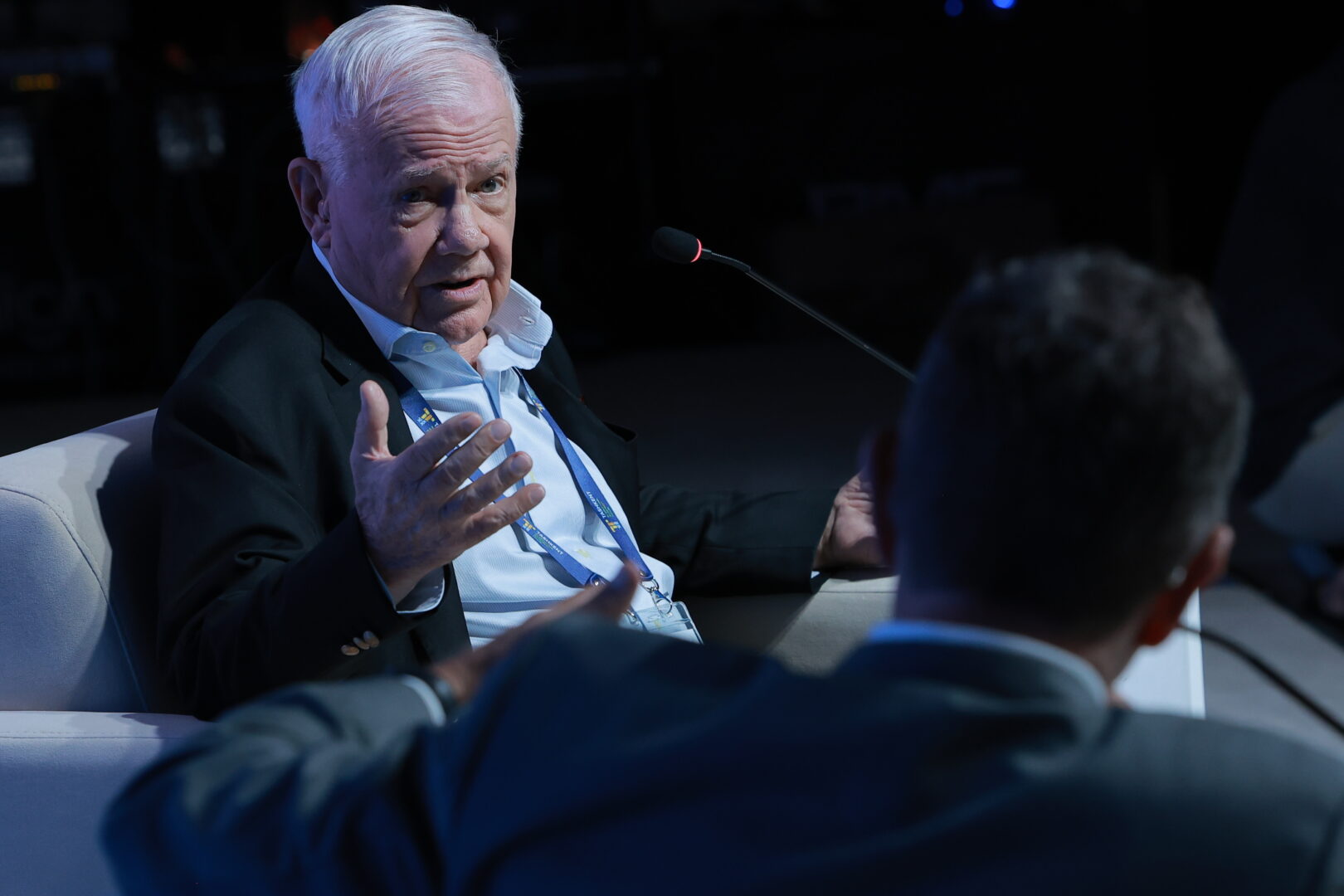
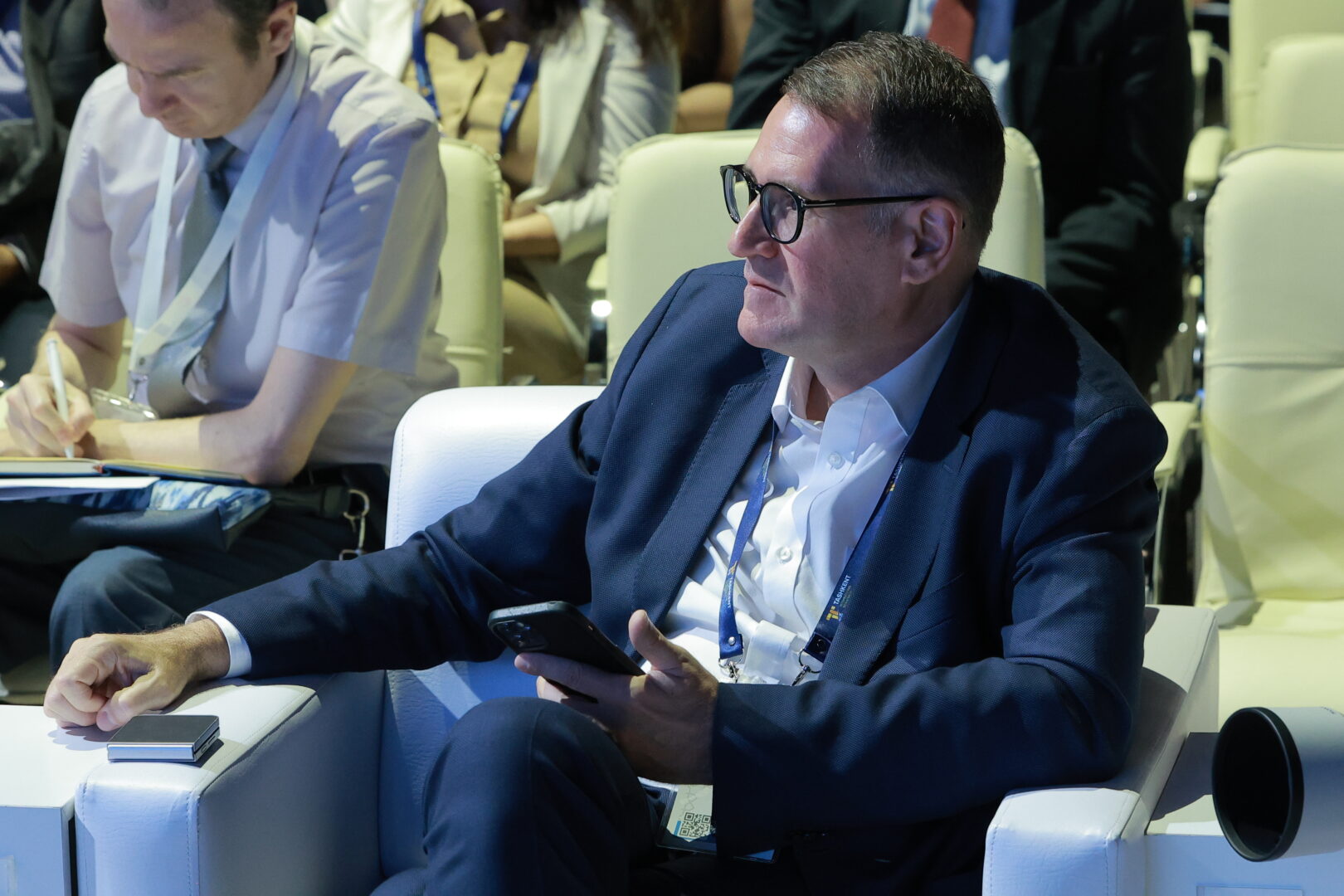
The session “What Makes Uzbekistan a Unique Market for Equity Investment?”, held in Room Khiva, featured renowned investor Jim Rogers, who shared his confidence in Uzbekistan’s equity market: “I do see opportunities in Uzbekistan. I’ve already invested and hope I’m smart enough to buy more.” Rogers, in conversation with CNN’s Richard Quest, praised Uzbekistan’s structural reforms and political stability as major incentives for foreign capital.
Across all sessions, participants reaffirmed their support for Uzbekistan’s transformation agenda and acknowledged the country’s efforts to build a transparent, inclusive and sustainable investment ecosystem. As Central Asia gains prominence on the global investment map, TIIF 2025 continues to position Tashkent as a critical regional gateway.
Source: IN Diplomacy Reporters


